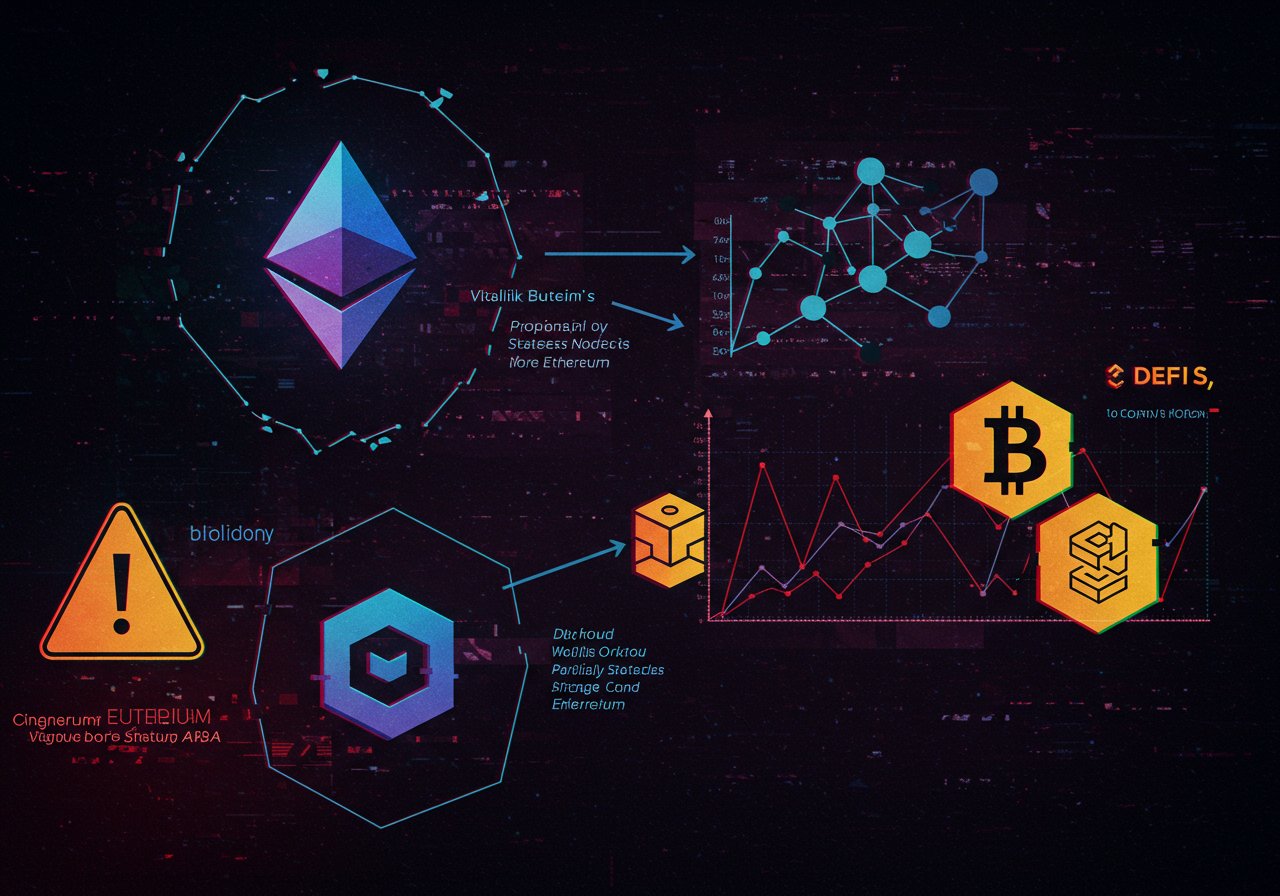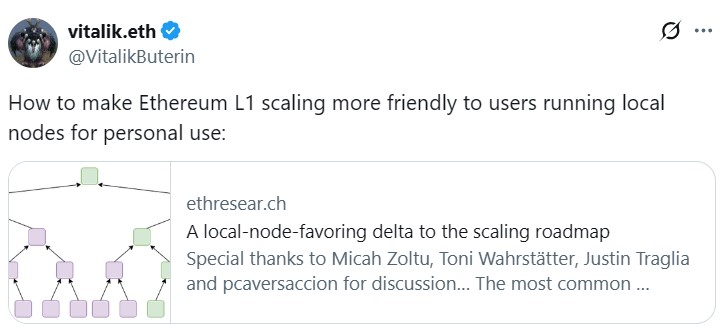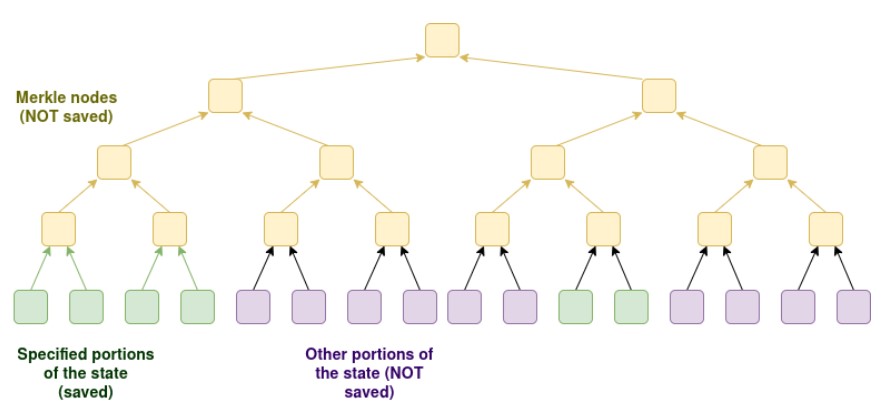
A Decentralized Vision: Vitalik Buterin‘s Proposal for Partially Stateless Ethereum Nodes
Ethereum co-founder Vitalik Buterin has unveiled a bold proposal aimed at addressing the inherent tension between scalability and decentralization. His vision: partially stateless nodes, a novel approach to ensure that Ethereum‘s network expansion remains accessible and secure for all users, even as the network scales.
Buterin’s concerns are rooted in the potential for centralization and censorship. He argues that a reliance on centralized Remote Procedure Call (RPC) providers, which act as intermediaries between users and the blockchain, creates vulnerabilities. These providers, he warns, are susceptible to pressure from governments and corporations, potentially leading to the exclusion of users or even censorship of transactions.
Buterin’s solution lies in empowering users with the ability to run their own nodes without the resource-intensive demands of full nodes. He proposes a new node type, the ‘partially stateless node’, designed to balance user privacy with resource efficiency.

Partially Stateless Nodes: A Balance of Power
Partially stateless nodes are a game-changer for Ethereum users. They offer a compelling solution to the resource constraints associated with running a full node, which become increasingly demanding as the Ethereum network scales.
Instead of requiring a full copy of the blockchain‘s history and Merkle proofs, these nodes can selectively store the data that is relevant to their users. This allows users to configure their nodes to prioritize their own accounts, their preferred decentralized finance (DeFi) applications, and their commonly used tokens. The rest of the blockchain data can be left out, reducing the burden on users’ storage and bandwidth.

The Benefits of Decentralization
- Censorship Resistance: By enabling users to run their own nodes, partially stateless nodes create a more decentralized and censorship-resistant network. Users can interact directly with the blockchain, independent of any central authority.
- Enhanced Privacy: The selective storage of data allows users to maintain greater control over their own privacy, limiting the information that is exposed on their node.
- Increased Accessibility: Partially stateless nodes make it easier for users with limited resources to participate in the Ethereum network, fostering wider adoption and a more inclusive ecosystem.
Buterin’s proposal highlights the ongoing commitment to ensuring Ethereum‘s long-term success while maintaining its core principles of decentralization, transparency, and security. While the implementation of partially stateless nodes is still in its early stages, it offers a glimpse into the future of Ethereum, where access to the network is both accessible and protected.


